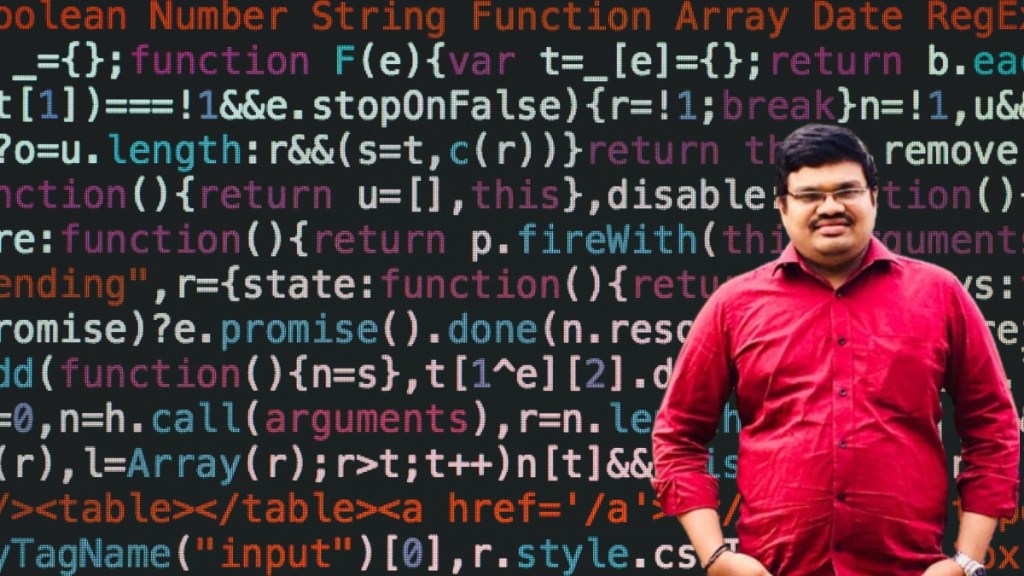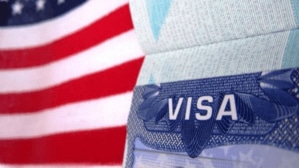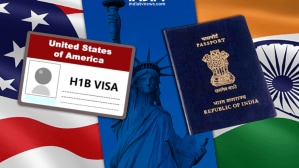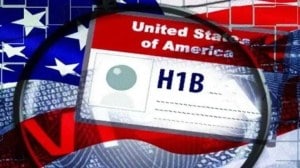In today’s rapidly evolving financial landscape, Artificial Intelligence (AI) is emerging as a transformative tool in banking, especially in the field of risk assessment. Srinivasarao Paleti, an expert in banking technologies and data science, highlights how AI is reshaping the way banks evaluate, manage, and mitigate risk.
From Traditional Models to AI-Driven Insights
Experts believe that, traditionally, banks relied on historical data, static models and manual reviews to assess creditworthiness and manage operational risks. These approaches were time-consuming, lacked precision, and often failed to detect evolving threats. AI changes that. “AI can process massive volumes of structured and unstructured data in real time, which allows banks to make smarter, faster, and more accurate decisions,” explains Paleti.
He believes that using machine learning algorithms, banks can now identify patterns and anomalies in customer behavior, transaction history, market conditions, and economic indicators. These insights enable early detection of potential defaults, fraud, or credit exposure — key elements of risk management.
Predictive Risk Scoring
One of the most valuable contributions of AI is in predictive risk scoring. Instead of using rigid scorecards, AI models use dynamic datasets to predict the likelihood of a customer defaulting on a loan or missing a payment. “It’s not just about whether someone missed a payment before,” says Paleti. Adding to that he said, “AI can predict whether they’re likely to miss one in the future, based on their digital footprint, job stability, spending habits, and even online behavior.”
This helps banks lend more responsibly, reduces non-performing assets (NPAs), and opens up credit access to underserved segments who may not have traditional credit histories.
Real-Time Fraud Detection
Risk assessment isn’t just about loans and credit. Fraud detection is another area where AI is making significant strides. AI systems can analyse millions of transactions in real-time, flagging unusual activity before it becomes a serious threat. “It’s like having a security guard watching every transaction 24/7,” notes Paleti. This is particularly useful for online banking, where digital fraud is becoming more sophisticated and frequent.
Regulatory Compliance and Stress Testing
According to the industry experts, banks face increasing pressure to comply with regulatory norms and perform stress testing to ensure financial stability. AI can automate compliance monitoring by scanning internal systems for irregularities and cross-checking transactions against regulatory frameworks. Paleti said, “AI doesn’t just help banks meet compliance—it helps them prove it, with clear audit trails and automated reporting.”
Stress testing, which simulates adverse economic conditions to evaluate a bank’s resilience, can also be AI-driven. Models can simulate thousands of scenarios quickly, providing a more nuanced understanding of systemic and market risk.
Challenges and the Human Element
Despite these advantages, AI is not without challenges. Issues of data privacy, model bias, and explainability remain concerns. “We need transparency in how AI makes decisions,” Paleti warns. “That’s where human oversight is critical.” Banks are now adopting AI with a hybrid approach, combining machine learning with human judgment to ensure fairness and accountability.










